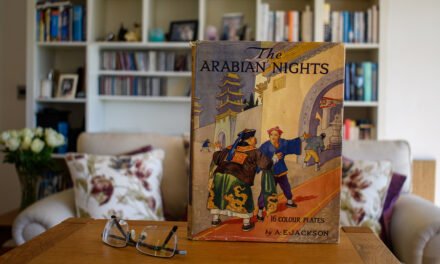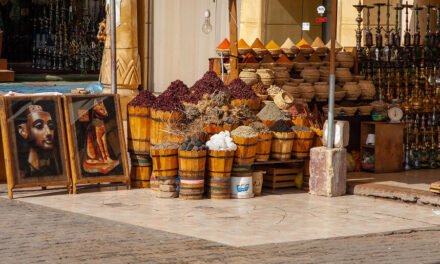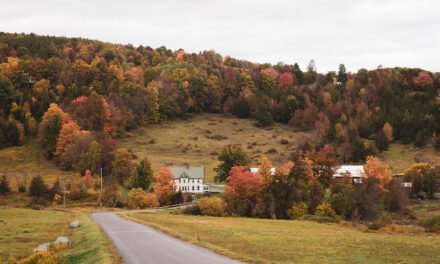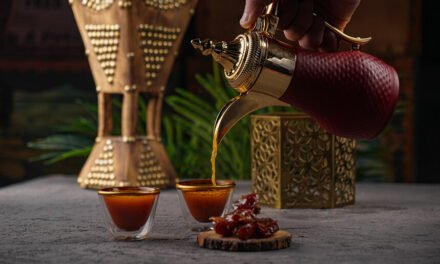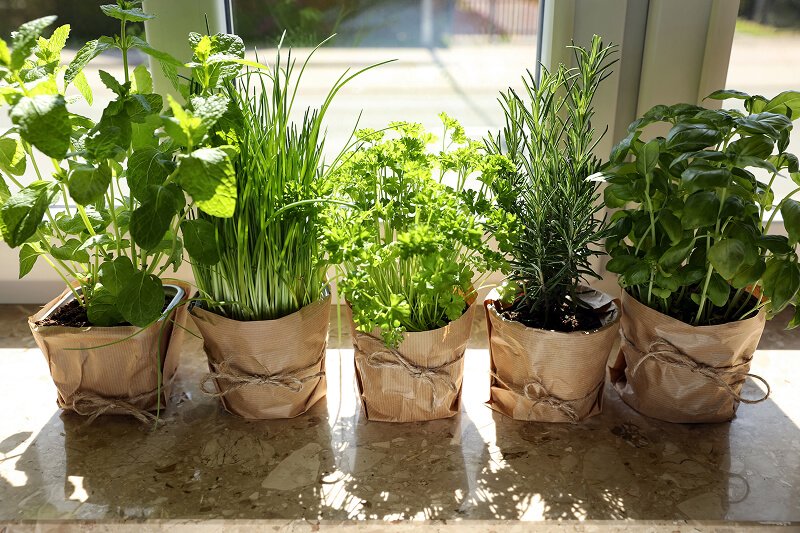While World Environment Day sparks crucial discussions about cutting-edge innovation, technological solutions, sweeping policy shifts, and the establishment of large-scale sustainable systems, it’s vital to recognize that some of the most profound and effective blueprints for ecological harmony aren’t the products of recent invention. Instead, they often lie in the wisdom quietly inherited from past generations – time-tested practices, deeply ingrained in the fabric of daily existence, and resonating with the natural rhythms of the world around us.
Across the Middle East and Mediterranean, where deserts bloom with ingenuity and resourcefulness is a birthright, food has always been a reflection of place, people, and preservation. In a region shaped by climate extremes and community resilience, eco-consciousness isn’t a campaign, it’s a culture.
The Original Zero-Waste Kitchen
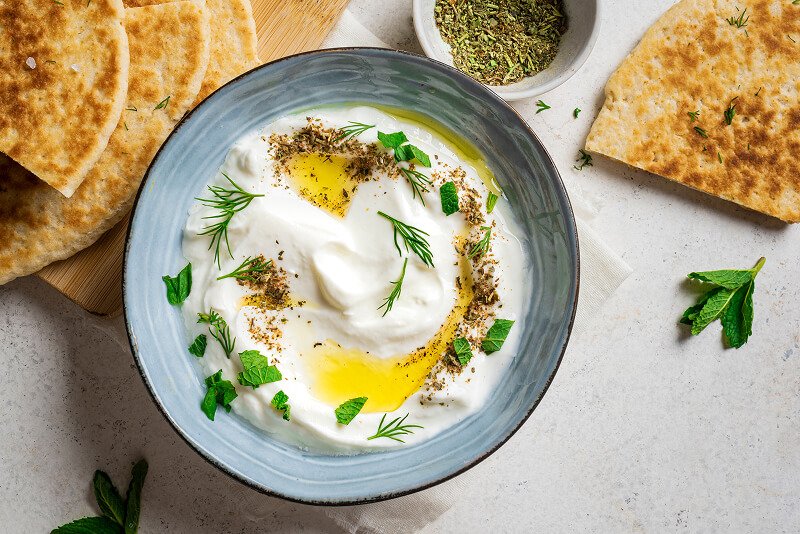
Step into a traditional Middle Eastern kitchen, and you’ll find a natural harmony with the earth. Waste is nearly nonexistent…not because it’s enforced, but because it’s unfathomable. Bread too hard to eat becomes fattoush or breadcrumbs. Yogurt is strained into labneh, and the leftover whey is added to stews. Leftover rice becomes mujaddara. Even pickle brine is repurposed to flavor soups or marinades.
Preserving food is second nature. Vegetables are dried in the sun, herbs are hung in bunches to be crumbled all winter, and olives are cured with ancestral precision. Meals are designed for sharing, for stretching, and for honoring what’s seasonal and available.
This isn’t about romanticizing frugality—it’s about recognizing the cultural blueprint of balance. A way of eating that honors the earth by not asking too much of it.
Organic by Tradition, Not Trend
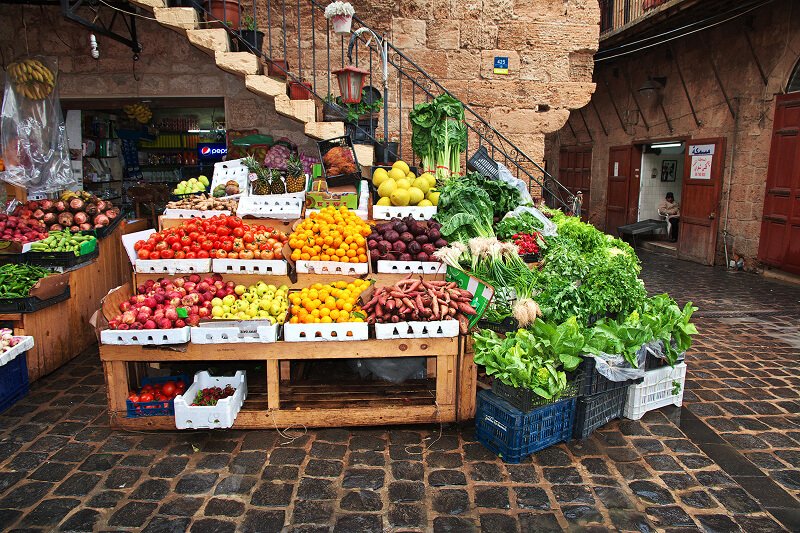
What the Western world now calls “organic” is simply how food has long been grown, sourced, and prepared in Middle Eastern Culture. The ingredients are whole. The sourcing is local. The cooking is slow. And the care is generational.
Before organic labels and Whole Foods aisles, there were family butchers, neighborhood grocers, and open-air markets offering seasonal produce without plastic or packaging. Meat was bought in small amounts, herbs were picked fresh, and meals were centered on legumes, grains, and greens—not out of dietary trend, but out of tradition.
Today, that instinct travels far beyond the region. In communities across the U.S.—from Southern California to Michigan—Middle Eastern families continue to seek out small grocers, farmers markets, and family-run delis. The organic impulse isn’t new to them; it’s in their blood. It’s how teta cooked.
And while the surroundings may shift, the habits remain: growing fresh mint in a pot over the counter, hunting down the best za’atar, asking the butcher to cut meat just so. These are acts of memory. Of identity. And of quiet sustainability.
From Ancient Plates to American Palates
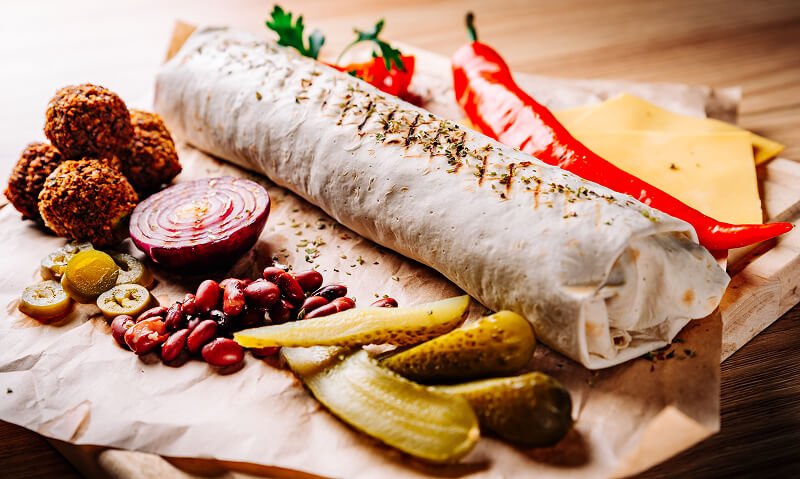
Over the last two decades, Mediterranean cuisine has made a quiet conquest of global tastebuds. Hummus, falafel, manakish, and shawarma are now staples in American cities—not just because they’re delicious, but because they feel better. They align with the wellness movement’s focus on plant-forward, heart-healthy, nutrient-rich meals.
The Mediterranean diet—of which Middle Eastern cuisine is a vital part—has been hailed by countless studies as one of the healthiest on Earth. Linked to reduced risk of heart disease, longer life spans, and improved cognitive function, it celebrates precisely what regional cuisine has championed all along: balance, simplicity, and real food.
And yet, even as these foods rise in popularity, they continue to evolve. Today, falafel might find its way into tacos. Labneh might swirl into a grain bowl. Tahini may replace dairy in vegan desserts. Fusion isn’t loss—it’s expansion. But at the heart of each reinterpretation is an origin story rooted in sustainability.
More Than Food: A Way of Life
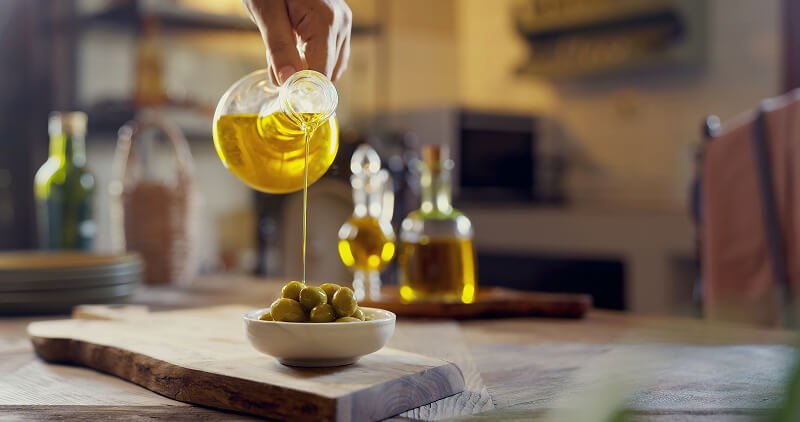
There’s something quietly powerful in the way Middle Eastern culinary culture brings people together: food is not just fuel… it is a relationship. With land. With ancestors. With each other.
In the Middle East, that relationship has always been one of respect. You eat what’s in season. You preserve what’s left. You share what you have. You listen when the earth tells you to slow down.
As the climate crisis deepens and modern systems struggle to keep pace, perhaps the answers lie not only in innovation, but in remembering. In looking back to look forward.






